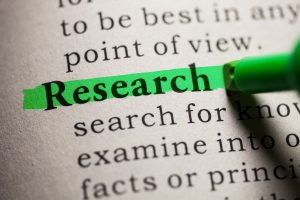By Sue Ludwig and Kara Ann Waitzman
 Note: The following scenario currently occurs in NICUs. – more often than you think.
Note: The following scenario currently occurs in NICUs. – more often than you think.
You’re standing in rounds discussing the next steps for an infant who was born at 26 weeks and is now 36 weeks PMA. She remains on nasal CPAP. However, the team is getting anxious that she’s ‘getting older’ and hasn’t initiated oral feeding. You’re providing tastes on a pacifier with NNS, but you have stood your ground regarding (not) orally feeding this preterm infant on CPAP.
You pose the question to the team: How can an infant, especially a preterm infant, who is already at higher risk for respiratory compromise and challenges with suck-swallow-breathe (SSB) coordination, be expected to safely manage and swallow a bolus against positive pressure?
The team listens, considers, and replies, “What evidence do you have?”
Your shoulders sink. (And your spirits.)
However, you know that there has been no evidence to establish this as a safe practice either. That’s why most NICUs rely on their neonatal therapists/feeding specialists to ascertain the best course of action when initiating and progressing oral feeding with fragile infants. And some, despite best efforts, continue to feed on nasal CPAP, citing no evidence to the contrary.
Thankfully, the first study related to the effect of nasal CPAP on swallowing in neonates was published this month!
Click here to access the abstract of this article titled, Effect of nasal continuous positive airway pressure on the pharyngeal swallow in neonates.
Remember:
This is one small study. (The fact that it was stopped is highly instructive.)
Access and read the entire article so that you are truly informed.
We’re grateful to the authors for pursuing this difficult topic. Research in this area is much needed and most appreciated.